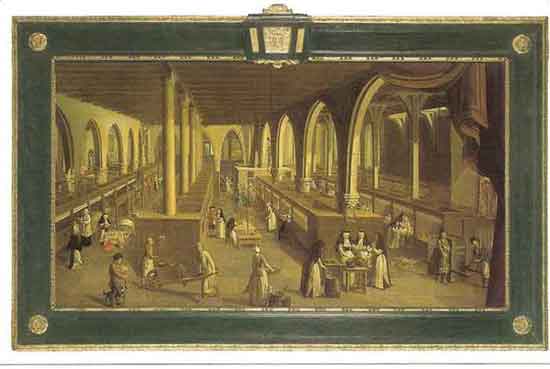NURSING CARE FOR THE TERMINALLY ILL PATIENTS
Abstract
The fact of death, non-life, has been in all societies, for all groups and all individuals a situation that has been faced in many different ways. In general, despite the fact that death is a part, a phenomenon of existence, there is a rejection of it, by people who are close to the situation of death. This article presents a reflection of the terminal process, its features, phases, and influence over activities such as DUE etc. The aim of this paper is not to show assumptions, nor to establish absolute indisputable truths, because the topic lends itself to an endless debate in which the conclusions are always personal. What we want is to invite reflection, personal or group counseling to foster positive attitudes in nursing care for the terminally ill patients. These attitudes will translate into better quality of care. We end with a series of practical recommendations that, by changing attitudes, we should improve care provided to terminally ill patients in order to increase their quality of life.Downloads
-
Abstract4971
-
PDF (Español (España))2504
The works published in this magazine are subject to the following terms:
1. The Publications Service of the University of Murcia (the publisher) preserves the copyright of the published works, and encourages and allows the reuse of the works under the license for use stated in point 2.
© Servicio de Publicaciones, Universidad de Murcia, 2011 (© Publications Service, University of Murcia, 2011)
2. The works are published in the electronic edition of the journal under Creative Commons Reconocimiento-NoComercial-SinObraDerivada 3.0 España(texto legal) “ a Attribution-NonCommercial-NoDerivatives 3.0 Spain license (legal text)”. They can be copied, used, broadcasted, transmitted and publicly displayed, provided that: i) the authorship and original source of their publication (journal, publisher and URL) are cited; (ii) are not used for commercial purposes; iii) the existence and specifications of this license is mentioned.
3. Conditions of self-archiving. Authors are allowed and encouraged to electronically disseminate the pre-print (pre-reviewed ) and / or post-print (reviewed and accepted for publication) versions of their works prior to publication, as it ensures a wider circulation and dissemination which may lead to a possible increase in its mention and a higher scope among the academic community. RoMEO color: green.













